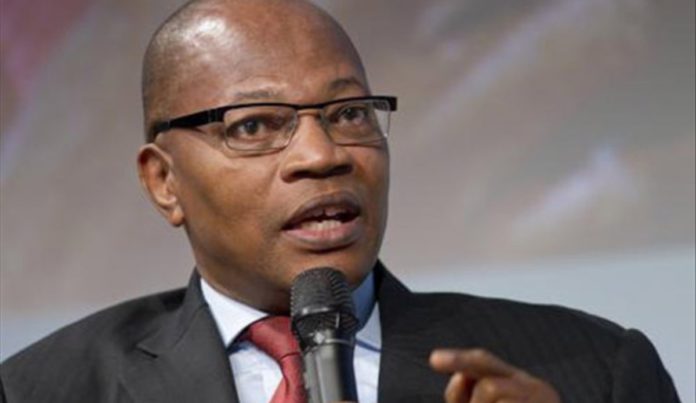The Chairman of the Kofi Annan Peace and Security Forum (KAPS Forum) Dr. Mohammed Ibn Chambas has said the rights of migrants should be respected as they seek better life and economic development.
According to him, more people have migrated today than before to seek and develop themselves due to conflicts, unemployment, lack of opportunities, civil strives, environment and climate change, terrorism, political instability among others.
He explained a UN data has revealed that out of the over one billion migrants, over 800 million are internal migrants while over 281 million are International migrants.
Dr Chambas said these at the opening ceremony of the 3rd Kofi Annan Peace and Security Forum held at the Kofi Annan International Peacekeeping Training Center (KAIPTC) at Teshie in Accra.
Describing migrants as development enablers and critical for economic recovery, future and sustainability, he admonished countries to welcome new comers.
Dr. Chambas therefore called for a responsible migration policy, adding that the rights of migrants should be respected.
“There are many questions about the impact of migration that we have gathered here to address. What is certain is that large scale human human mobility is already a mega trend of the 21st century and it is vital that we work together to manage migration in the best interest of states and migrants,” he said.
He however noted “there is no magic formula or one that is universally applicable. A responsible migration policy is the one that I call a high road scenario. We need to take the high road.”
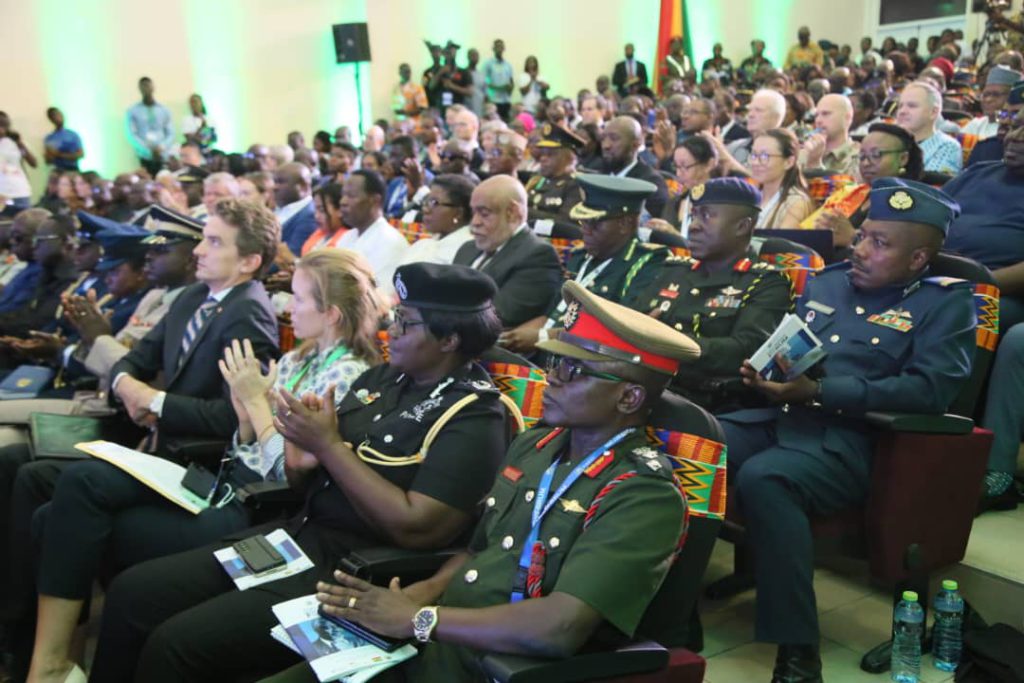
He explained that such a high road policy will determine who enters a country and who doesn’t, emphasising it must also respect old people desiring to migrate.
The respected international icon said “I wish to underline that humanitarian crisis are evidently a major cause of movement of people and frequently generate prolonged displacement.”
He added “In recent years, crisis such as political conflicts, violence, terrorism and general instability have affected numerous African States and regions Sudan, South Sudan, Ethiopia, Somalia and the horn generally Sahel, The Great Lakes region, Central African Republic, Mozambique, Libya to name a few.”
Dr. Chambas also stated that another contemporary aspect migration in Africa is the growing number of women who have also started to migrate in search of greater employment and economic opportunities.
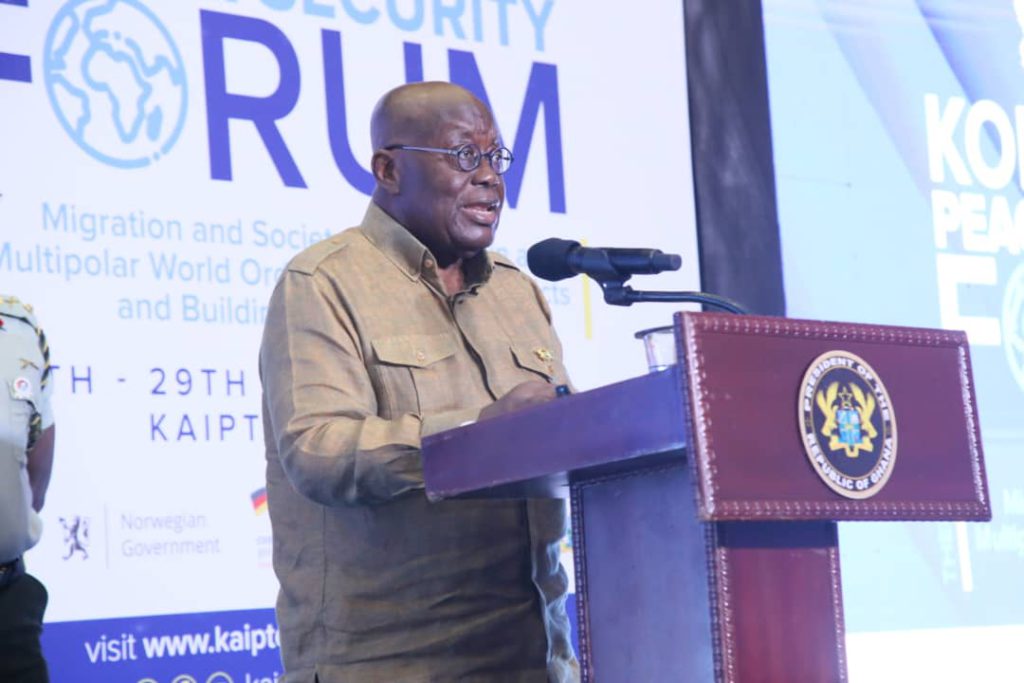
He therefore stressed that it is a imperative to protect the welfare and human rights of migrants and to underscore the potential role of intra-regional migration and mobility within Africa.
In conclusion, Dr. Chambas said “the African Union Convention on cross-border cooperation, the Enyami Convention adopted by the 23rd Ordinary Session of the Assembly which was held in Malabo in 2014 enjoins African Union member States to facilitate the resolution of border disputes and ensure efficient and integrated border management.”
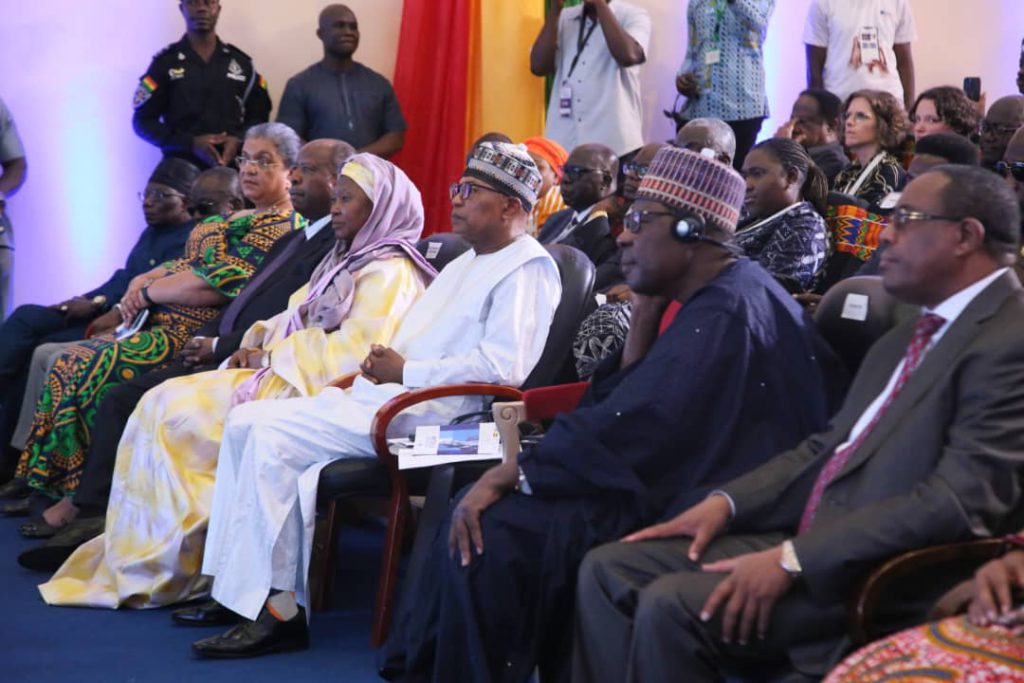
He added, “this is amplified in the African Union Border Strategy which calls upon member states use borders as vectors to promote peace, security and stability; and to improve and accelerate integration through effective governance of borders by facilitating easy movement of persons, goods and services and capital among African Union member states”.
Meanwhile, Dr. Ibn Chambas applauded President Akufo-Addo for giving the assurance that elections will not be postponed beyond his term office as being witnessed in other countries like Senegal.
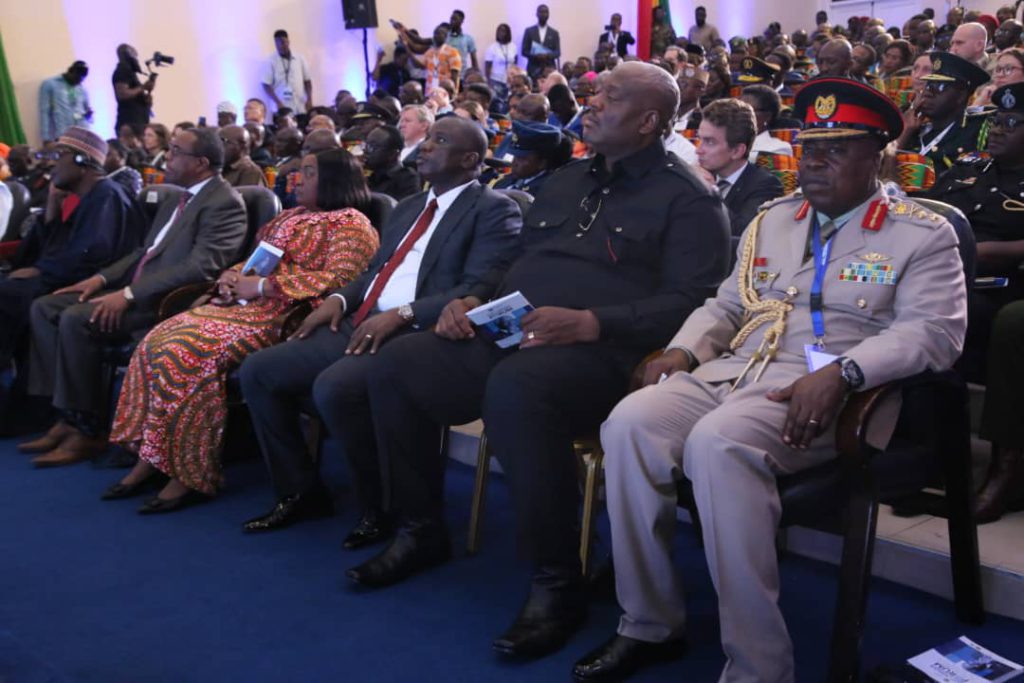
“As we speak today, in one of our member states, elections were due on 25th February, 2024. It’s past that date, and no date is known yet for the election, which is unfortunate given the democratic credentials of that particular country and even the President.
“So we hope that a date will be fixed sooner rather than later to avoid a deepened crisis in a country that is dear in the hearts of many of us. These are some of the trends which are worrying and should be avoided because we have had already too many coup d’états which are unwelcome, despicable and a reversal of the democratic progress the sub-region was making.”
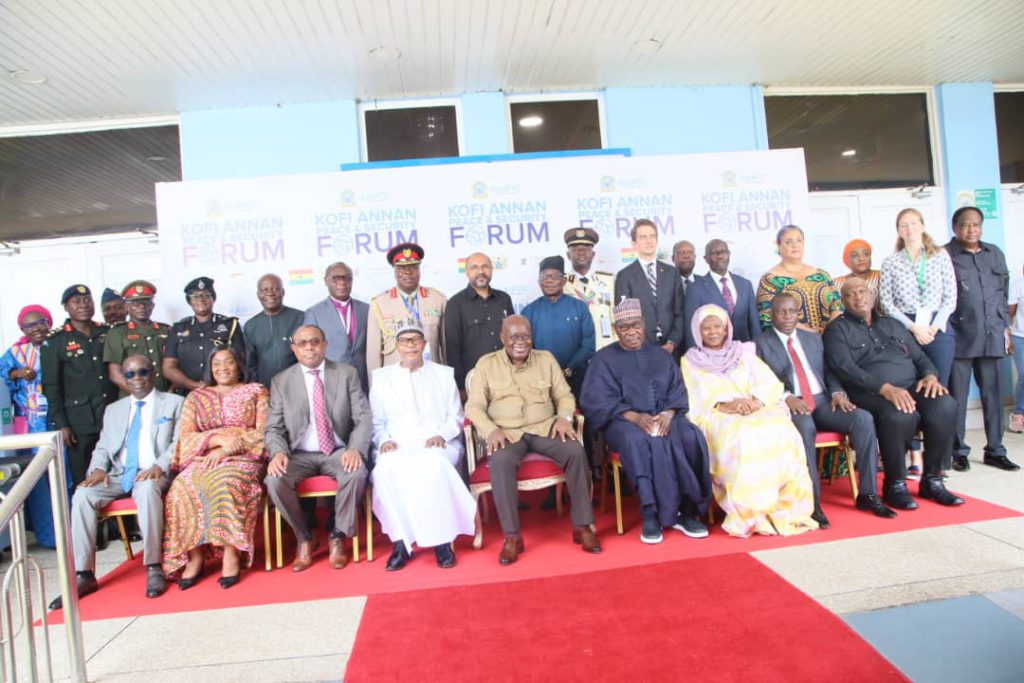
The forum seeks to provide a platform for robust engagement on critical peace and security and Migration issues affecting the African continent.
It is also to honour the work of former UN Secretary General, Kofi Annan and foster peace and stability through the provision of a globally recognised capacity and policy support for all actors on African peace and security issues.
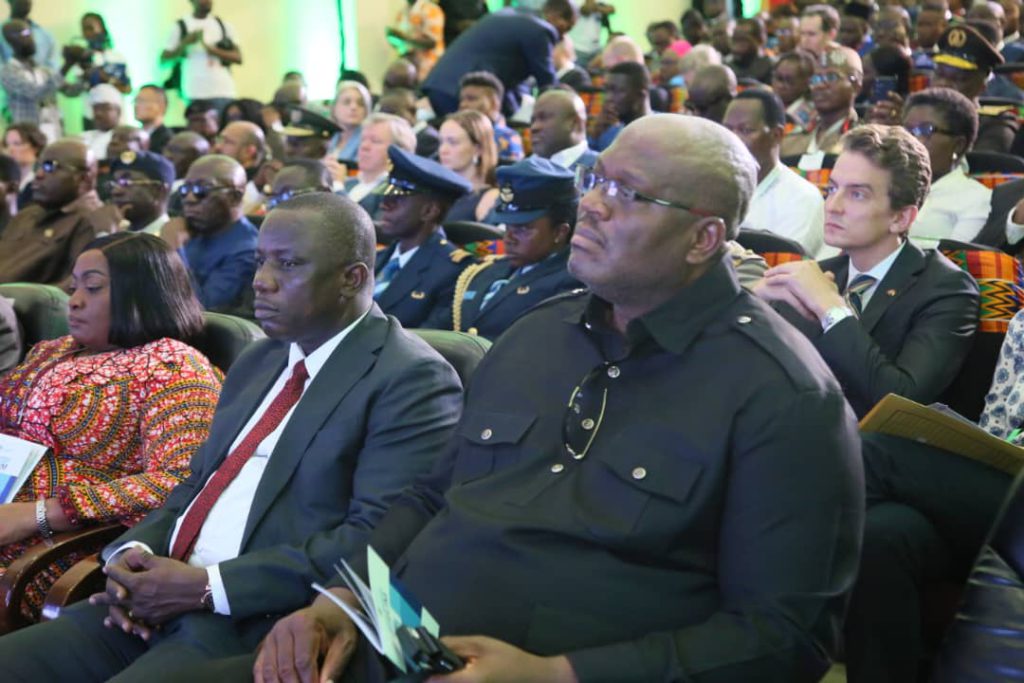
The Kofi Annan Forum brought together over 200 invited delegates, including former African Heads of State and Government, high-level diplomats, and other participants from governmental and intergovernmental organisations.
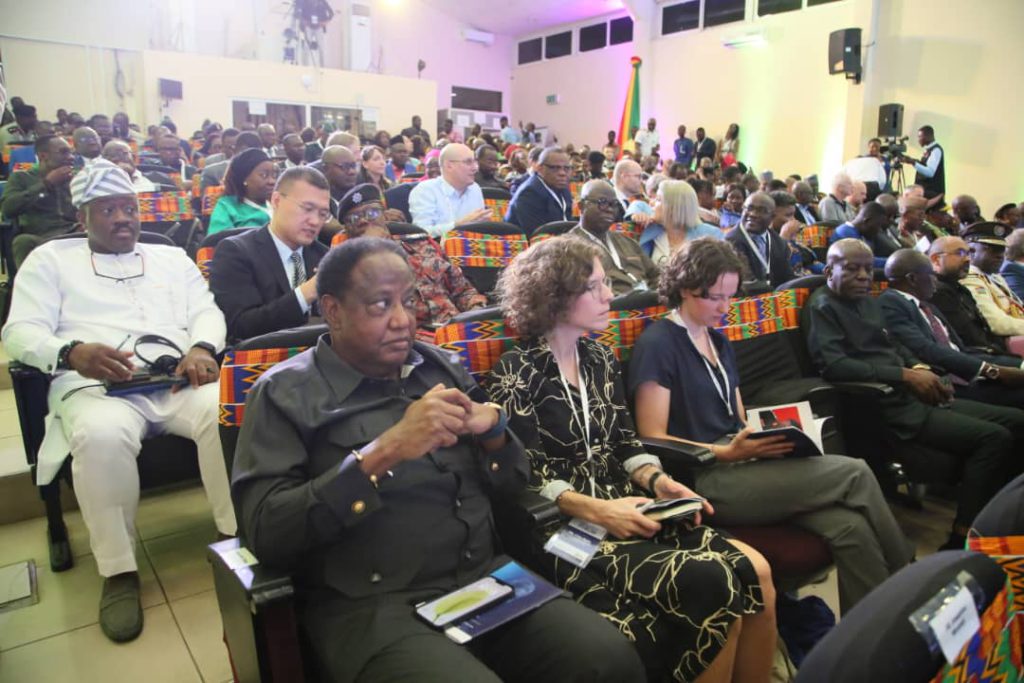
Delegates also included representatives of security sector institutions and policy and research think tanks, development partners, training institutions, business leaders and other groups such as journalists, youth activists, and women’s groups.
This year’s Kofi Annan Peace and Security Forum is under the theme Migration and Societal Resilience in a Multipolar World Order: Addressing Conflicts and Building Peace in Africa.

